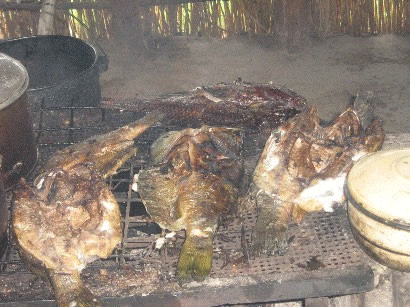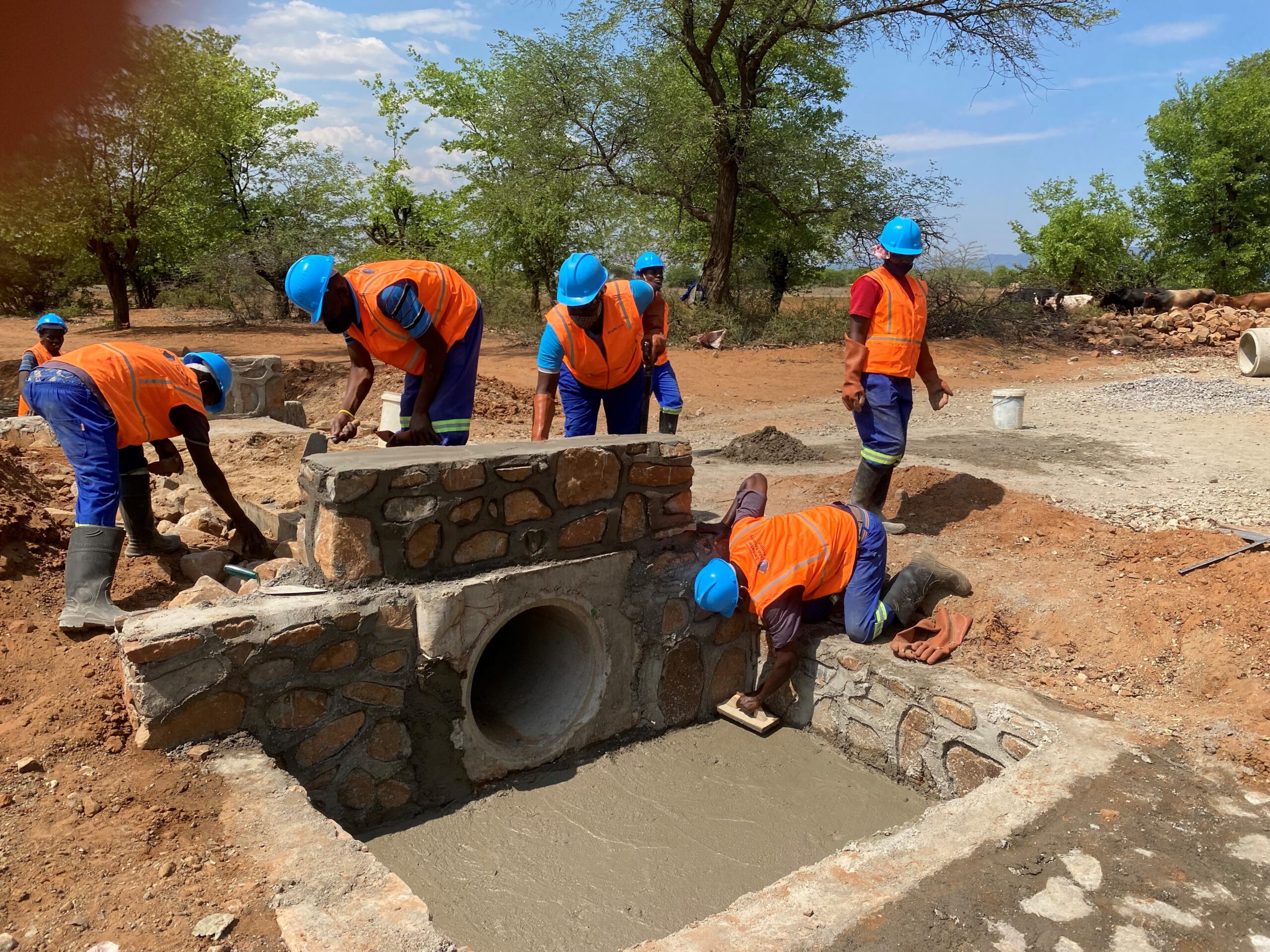
MASVINGO — Villagers in Dumbu area in Masvingo province have ventured into fish farming as an alternative to crop production to beat the effects of changing climatic conditions. Crops, especially maize, have perennially failed in most parts of Masvingo province due to poor rains.
REPORT BY JENNIFER DUBE Village head Johnson Rangwani said the rains they received had drastically gone down in the past years, seriously affecting crop production.
“Yields used to be very good in this area, averaging three to four tonnes per household, but not anymore,” he said.
The fish project is being sponsored by Aquaculture Zimbabwe Trust, a non-governmental organisation that strives to promote community self-sustenance in the country. The organisation donated 22 000 fish to kick-start the income generating project.
Aquaculture programme manager Martin Dingwa said the project was one of the 213 ventures the organisation was supporting in Chivi and Masvingo districts.
He said at least 550 “chronic poor” households were expected to directly benefit from the project while more would work on the scheme to get food from donors who were now reluctant to freely donate.
Dingwa said while Chivi and Masvingo were generally dry, they had an advantage over districts such as Nkayi and Tsholotsho in Matabeleland North because they occasionally received a lot of rain which could be harvested and put to good use.
“Most areas we are assisting receive a lot of rainfall, for example in one month, then experience long dry spells,” Dingwa said. “Crops naturally fail under such conditions, making fish farming a good alternative.”
- Chamisa under fire over US$120K donation
- Mavhunga puts DeMbare into Chibuku quarterfinals
- Pension funds bet on Cabora Bassa oilfields
- Councils defy govt fire tender directive
Keep Reading
He added: “In Dumbu, they already had a dam but in other areas we encourage the villagers to harvest the water from wetlands and springs to embark on aquaculture which has a huge market waiting out there.”
Dingwa said in some areas villagers started fish projects using the irrigation infrastructure which had now become obsolete due to lack of maintenance.
“The fish market is huge in this country. We do not have any commercial aquaculture projects except Lake Harvest in Kariba,” he said. “Most fish traders’ supply is not consistent as they rely on poaching. In Masvingo, Lake Mutirikwi and other small dams are overfished thus they are inadequate to sustain various local communities.”
Local councillor Bernard Mhike was upbeat about the project.
“We hope the fish project we have just started helps us raise some money for our families,” said Mhike. “Although the project is meant for 60 households, everyone in the community is benefitting as some people are employed on it while others will be customers once the fish are ready for the market.”
In Masvingo and Chivi, Aquaculture donated bream fish, which grow well in high temperatures prevailing in the two districts. Villagers who did not have previous experience in aquaculture were trained by the donor organisation.
Muchuva said donors helped the villagers to improvise on the food for the fish as they could not afford to buy fish pellets. Once in a while, small sacks containing manure are put in the dam so algae can grow on their sides, providing good food for the fish.
Villagers also crush grain, sadza and groundnuts which they scatter in the dam. They also feed the fish on opaque beer dregs (masese) and termites.











